This course is an introduction to understanding the Sustainable Development Goals (SDGs) adopted by the United Nations in
2015. Addressing the 17 goals of the SDGs, the lecture explains the causes and countermeasures of major environmental problems
(air, water, soil, energy, etc.) in relation to the SDGs. The world is now working for achievement of the SDGs by 2030. This
course deepen students' understanding how to cope with building a sustainable society, especially comprehensive approach through
environmental, social and economic issues.
Our daily life is supported by various components of environment such as atmosphere, hydrosphere, lithosphere, biosphere,
and so on. This course objective is to learn the basics of major environmental issues from the local to the global environment
and to deepen understanding of the relationship between environmental issues and social and economic issues. In addition,
students will understand the SDGs and acquire the basic views necessary for building a sustainable society.
- Students can explain what is "SDGs”.
- Students can explain major environmental problems and their basic measures from the local to global level.
- Students can consider issues needed to cope with for the achievement of sustainable society in a comprehensive manner through environmental, social and economic sphere.
| Class schedule | HW assignments (Including preparation and review of the class.) | Amount of Time Required | |
|---|---|---|---|
| 1. | Introduction / Sustainable society | Check the syllabus Read chapter 1 and 6 |
200minutes |
| 2. | Understand the status of the globe | Review the previous class Read chapter 2 |
200minutes |
| 3. | Climate change and energy | Review the previous class Read chapter 3-1, 3-2 |
200minutes |
| 4. | Biodiversity | Review the previous class Read chapter 3-3 |
200minutes |
| 5. | Ozone layer protection | Review the previous class Read chapter 3-4 |
200minutes |
| 6. | Atmospheric environment, transboundary air pollution, acid rain | Review the previous class Read chapter 3-4, 3-6 |
200minutes |
| 7. | Middle-term Exam review |
Check the previous contents. | 200minutes |
| 8. | Water | Review the previous class Read chapter 3-6 |
200minutes |
| 9. | Soil, underground environment | Review the previous class Read chapter 3-6 |
200minutes |
| 10. | waste management | Review the previous class Read chapter 3-5, 3-8 |
200minutes |
| 11. | Risk of chemical substances | Review the previous class Read chapter 3-7 |
200minutes |
| 12. | Approach towards sustainable society | Review the previous class Read chapter 4 |
200minutes |
| 13. | Role and activities of stakeholders | Review the previous class Read chapter 5 |
200minutes |
| 14. | Final Exam review |
Review the whole classes | 100minutes |
| Total. | - | - | 2700minutes |
| Midterm Exam | Final Exam | Response Paper | Total. | |
|---|---|---|---|---|
| 1. | 10% | 10% | 10% | 30% |
| 2. | 15% | 15% | 5% | 35% |
| 3. | 15% | 15% | 5% | 35% |
| Total. | 40% | 40% | 20% | - |
- Course that cultivates an ability for utilizing knowledge
| Work experience | Work experience and relevance to the course content if applicatable |
|---|---|
| Applicatable | 日本政府において環境行政に従事した経験を活かし、人間と環境の関りと地域の環境から地球環境問題までの基礎を教授する。 Based on the experience of working for environment policy in Japanese government, relationship between the environment and human activities and basic knowledge of measures on local and global environmental problems are offered. |
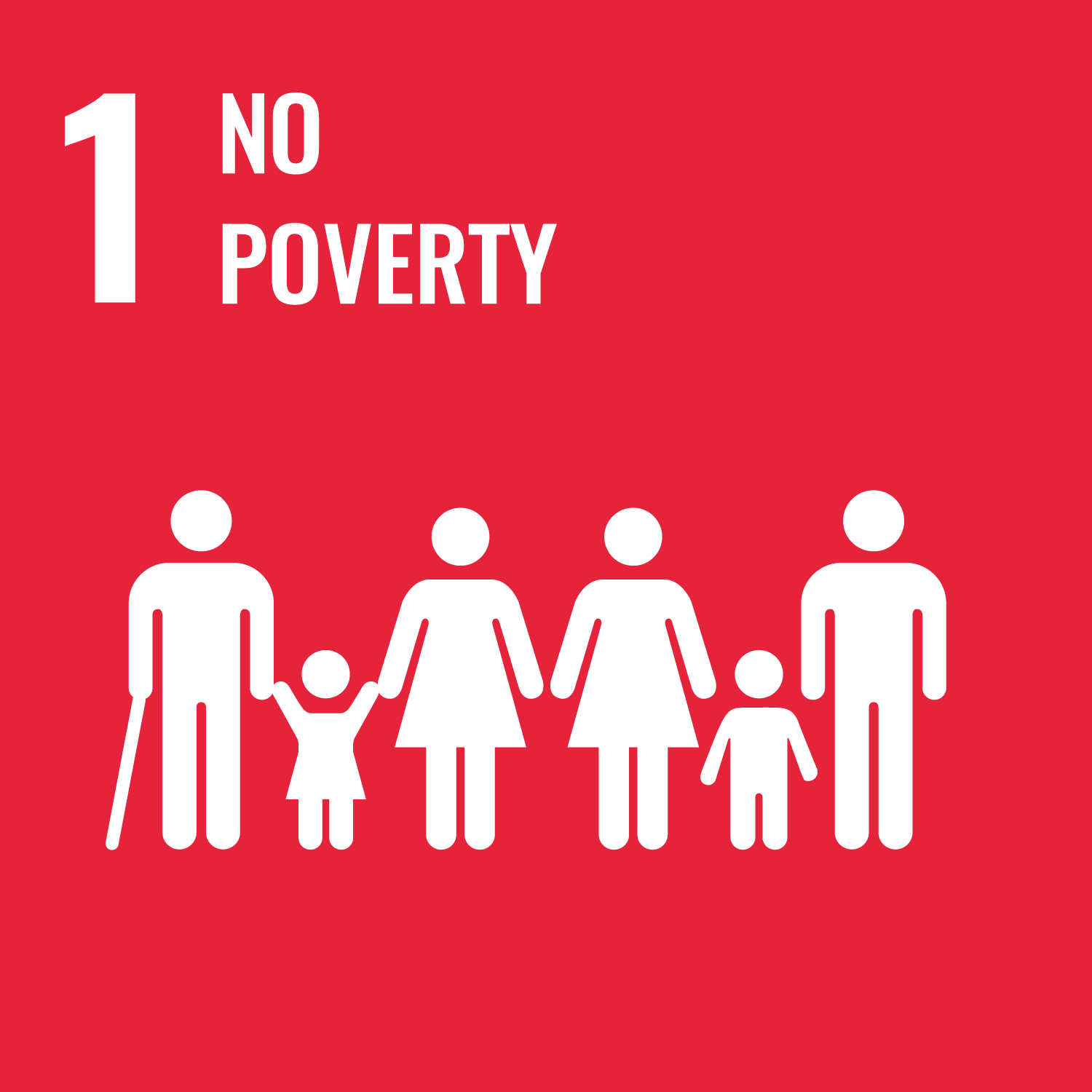
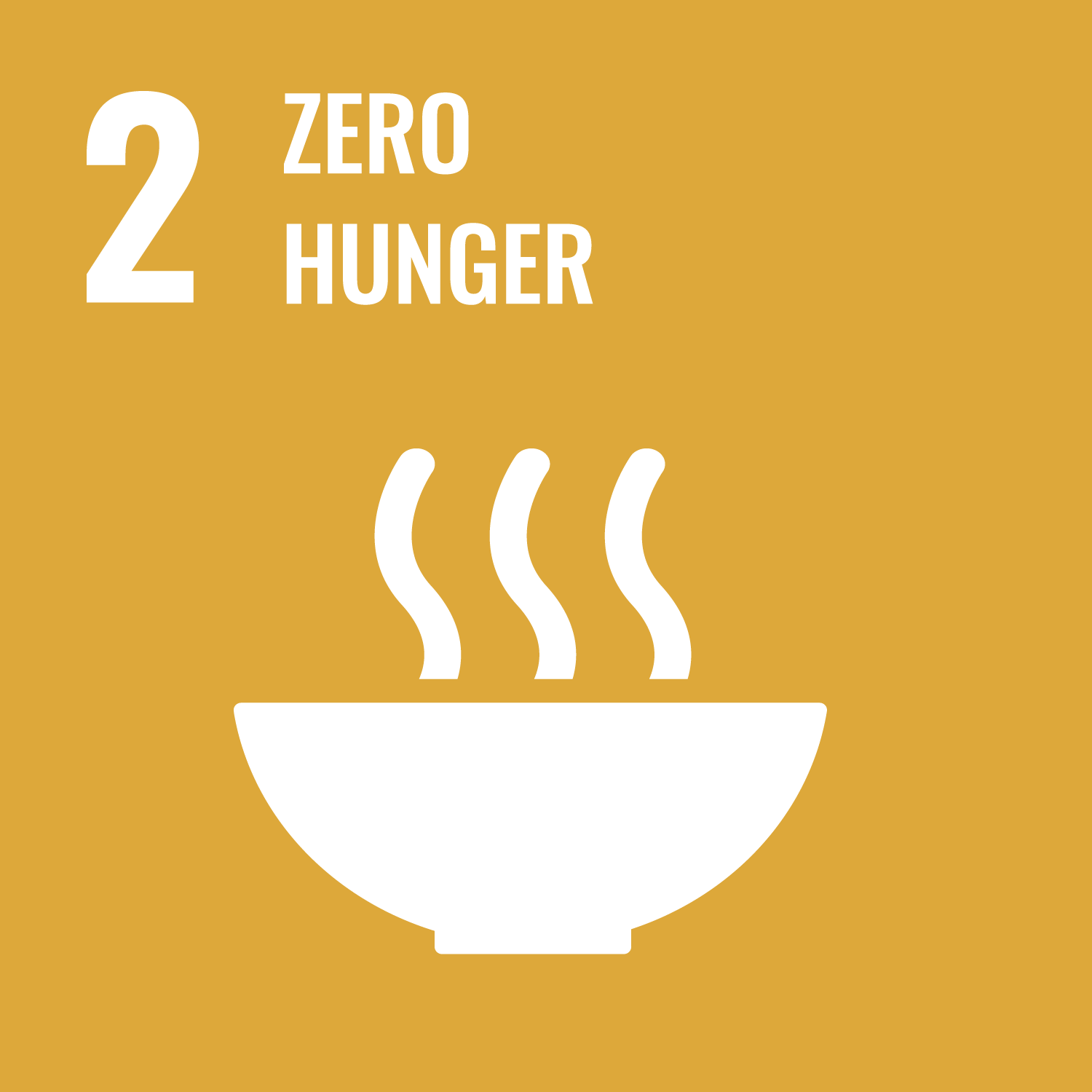


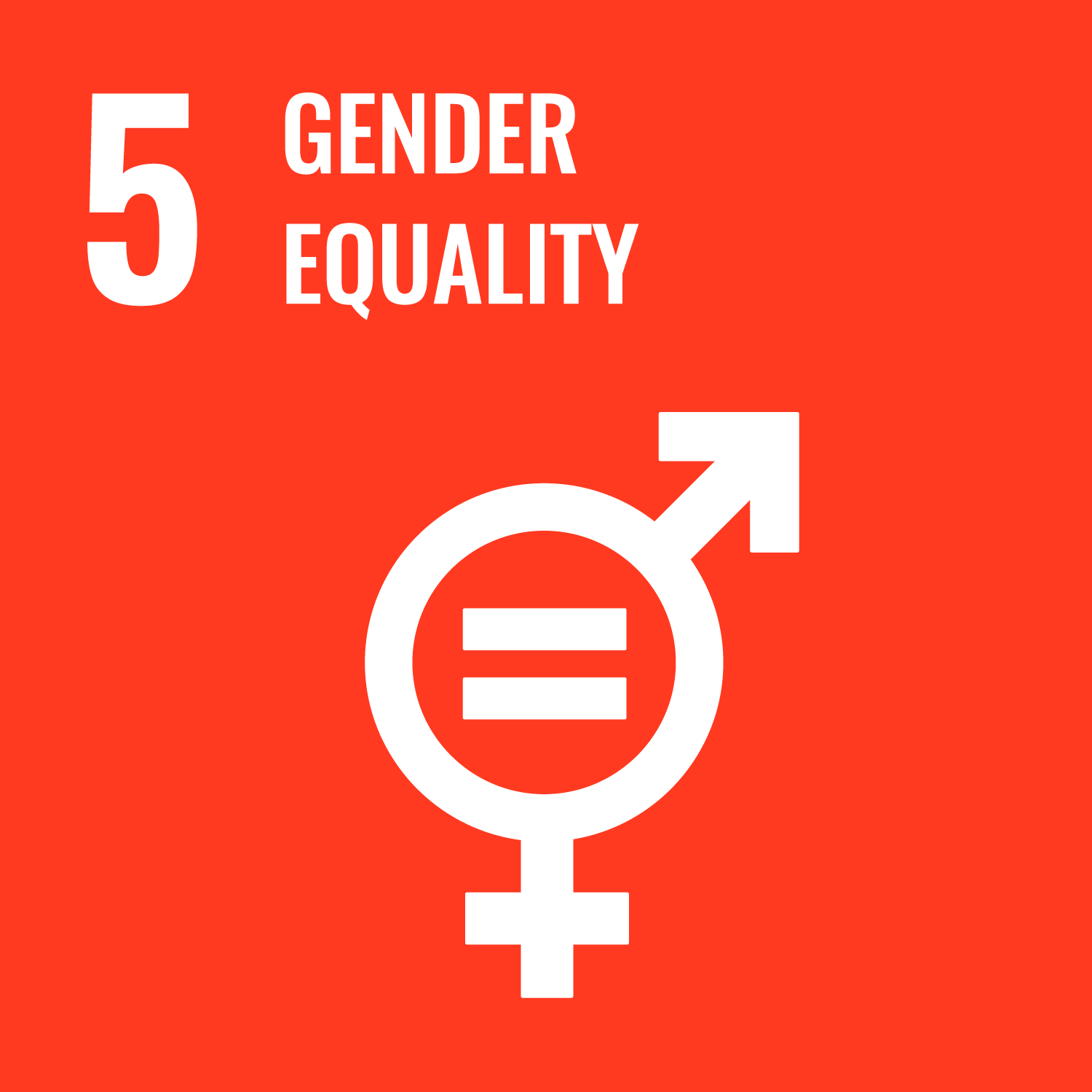
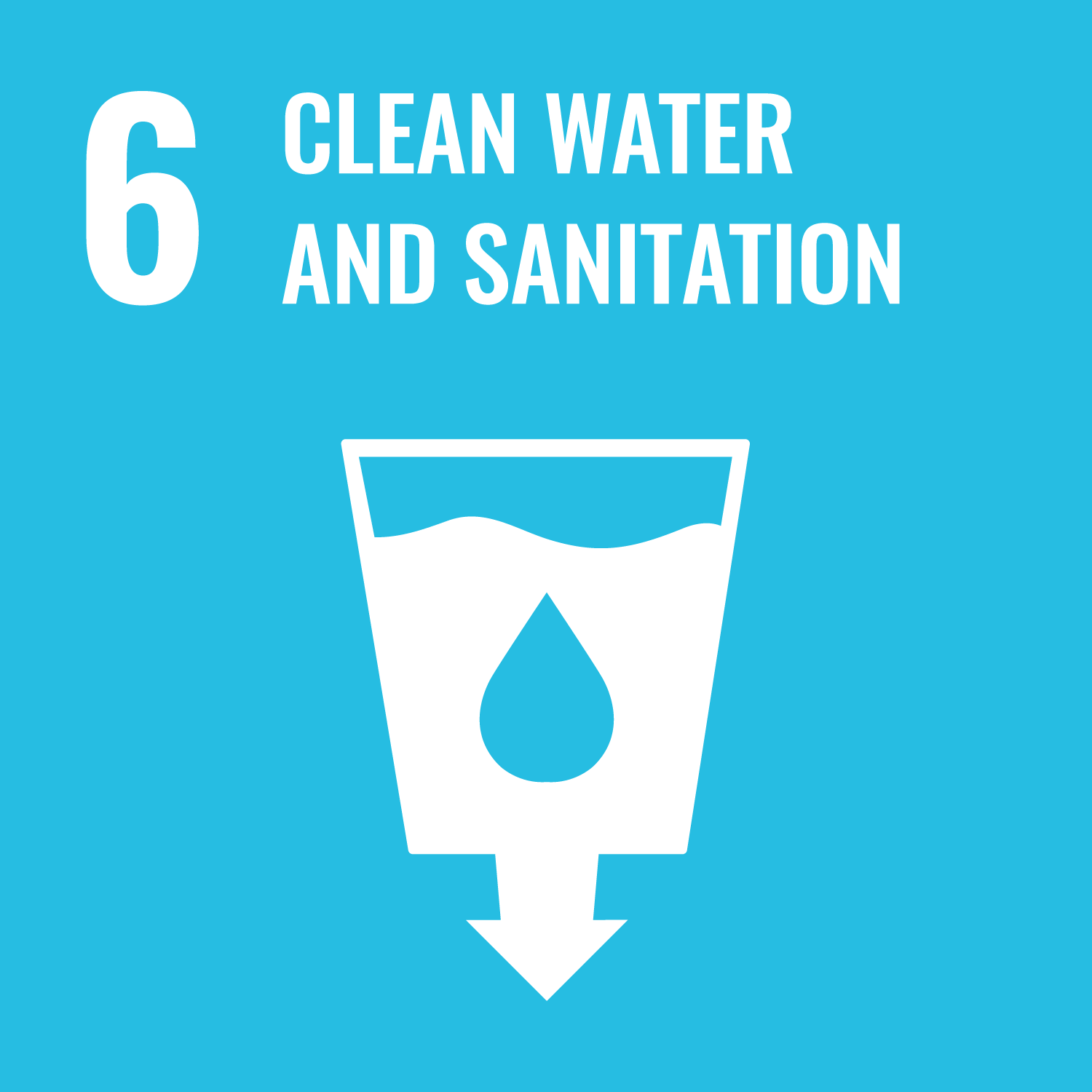







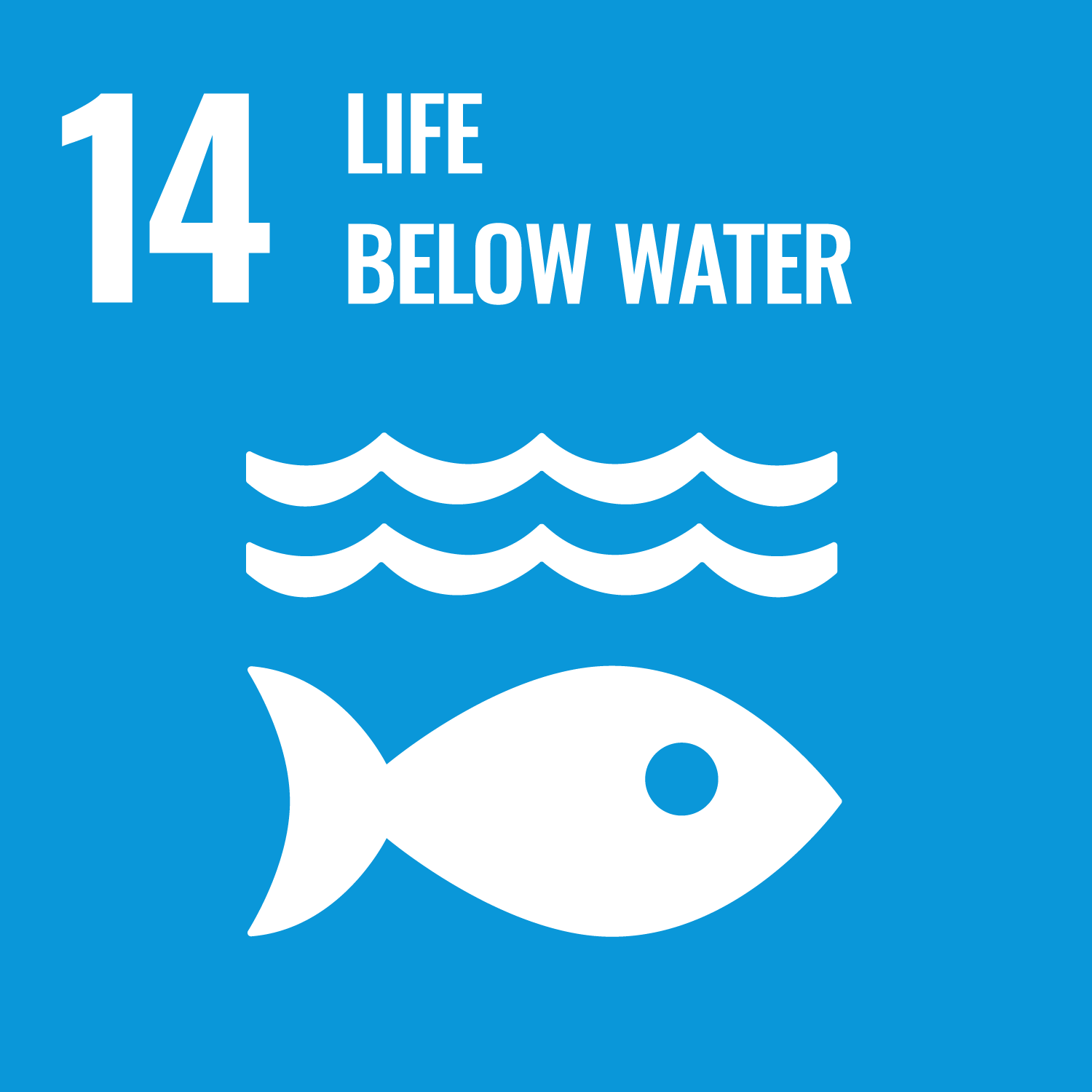
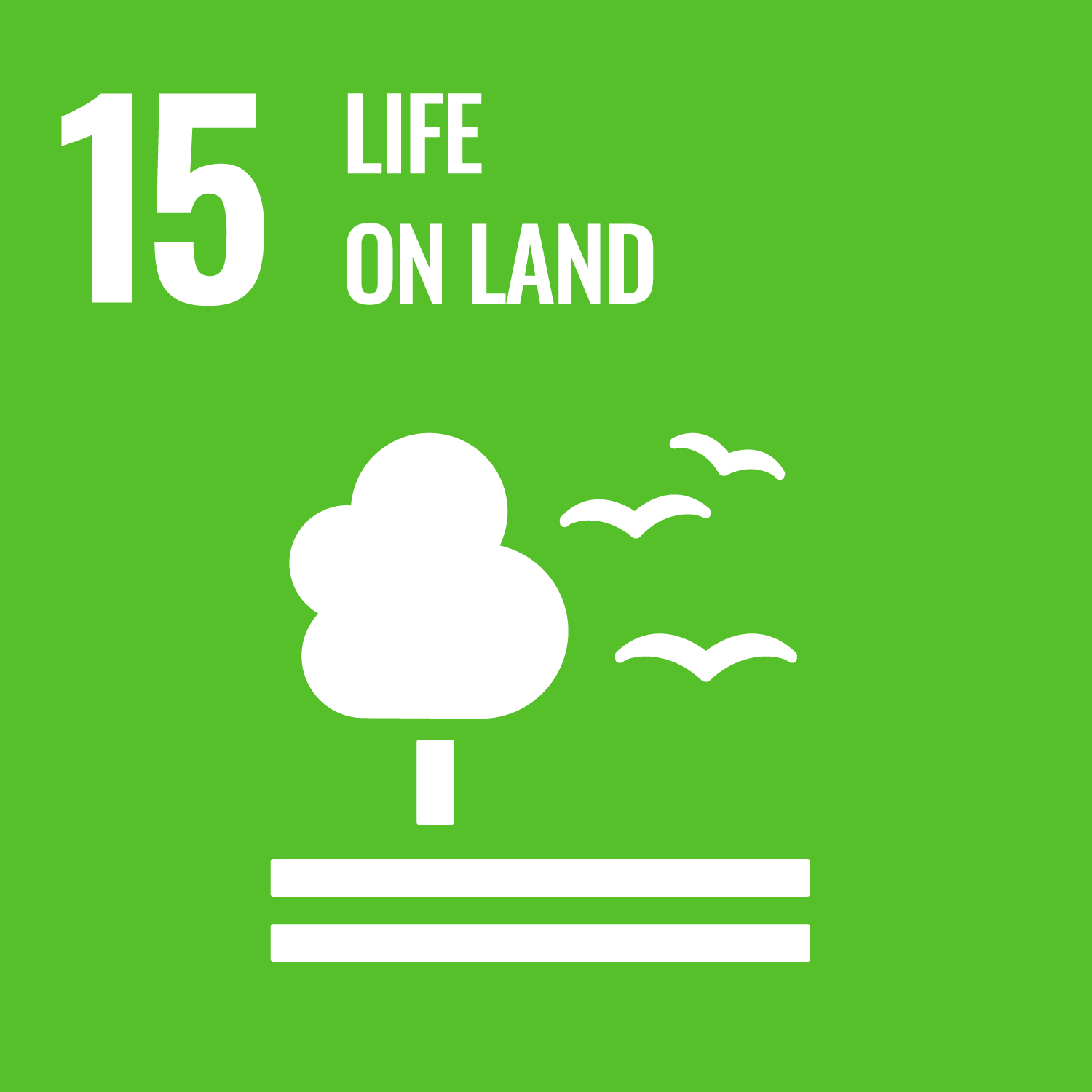


- 1.NO POVERTY
- 2.ZERO HUNGER
- 3.GOOD HEALTH AND WELL-BEING
- 4.QUALITY EDUCATION
- 5.GENDER EQUALITY
- 6.CLEAN WATER AND SANITATION
- 7.AFFORDABLE AND CLEAN ENERGY
- 8.DECENT WORK AND ECONOMIC GROWTH
- 9.INDUSTRY, INNOVATION AND INFRASTRUCTURE
- 10.REDUCED INEQUALITIES
- 11.SUSTAINABLE CITIES AND COMMUNITIES
- 12.RESPONSIBLE CONSUMPTION & PRODUCTION
- 13.CLIMATE ACTION
- 14.LIFE BELOW WATER
- 15.LIFE ON LAND
- 16.PEACE, JUSTICE AND STRONG INSTITUTIONS
- 17.PARTNERSHIPS FOR THE GOALS
Last modified : Mon Aug 31 04:06:19 JST 2020
